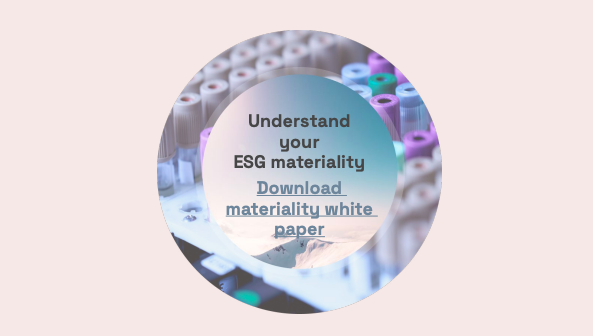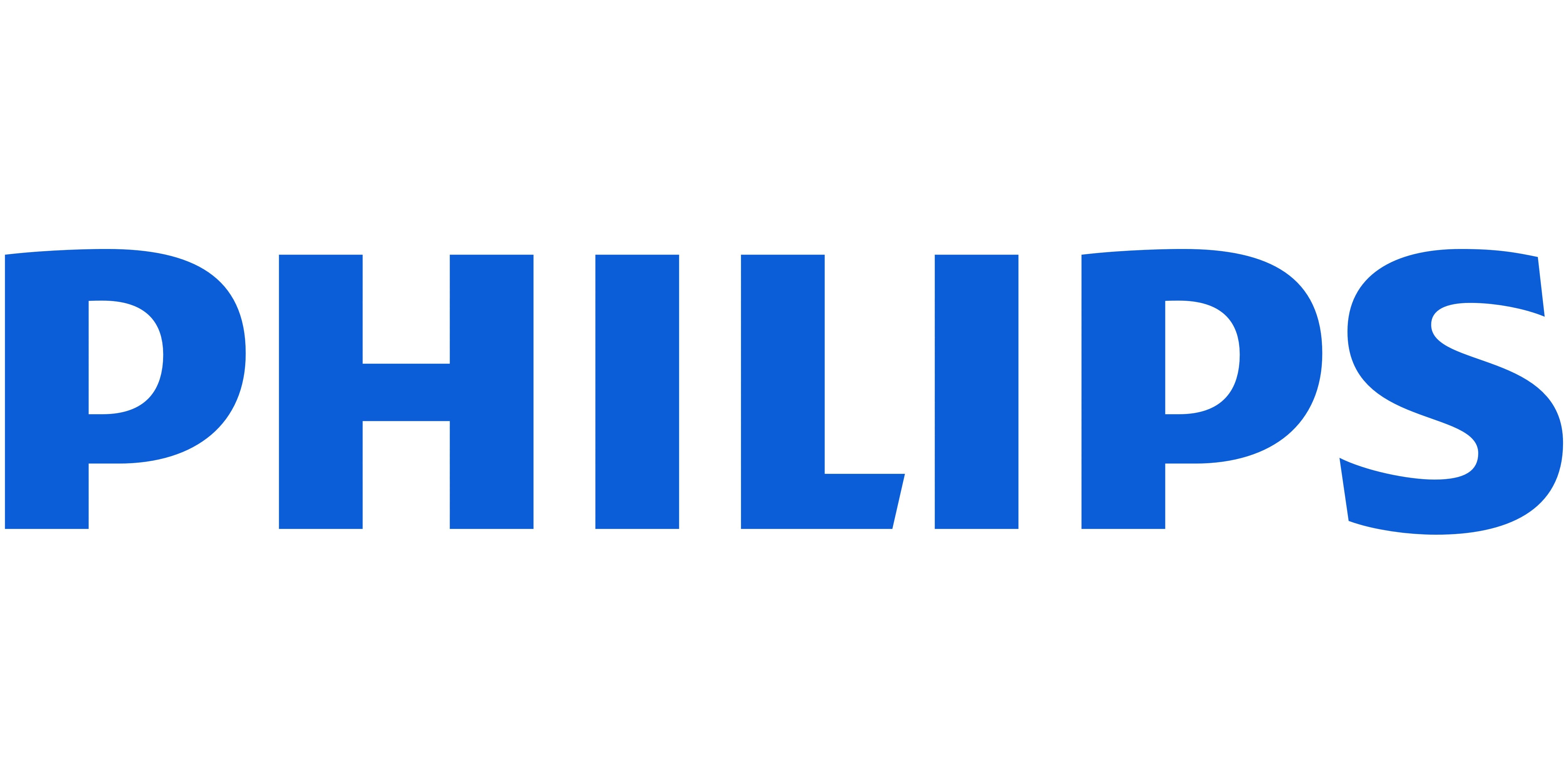Organon was only established in 2021, as a spinoff from pharma giant Merck, with 9,000 employees across 140 markets. Austin had to establish an ESG strategy to feed into a baseline for reporting as quickly as possible.
The most effective way of doing this was to use information from Datamaran’s benchmarking insights. Organon reviewed the material risks its peers were disclosing and found opportunities to differentiate itself.
Austin’s team also worked closely with Organon’s securities and governance lawyers to ensure the disclosure of risks was aligned across their first filings, including their 10-K report. They supported the decisions made during this collaboration with evidence from their materiality and benchmarking processes, along with regulatory and public opinion insights.
“It is a lot to assess, especially for folks who don't ‘live’ ESG or sustainability day-to-day,” Austin said. “The nomenclature was different, but there was some alignment between what we found in the materiality assessment and what we found in the enterprise risk management process.”
“I think going forward, when we do it again, there's going to be a lot more integration.”
This matching process informed an integrated, data-driven strategy that prepares Organon to face future ESG risks. For example, they could see environmental risk at a more granular level, incorporating issues like climate change, GHG emissions and natural capital.






